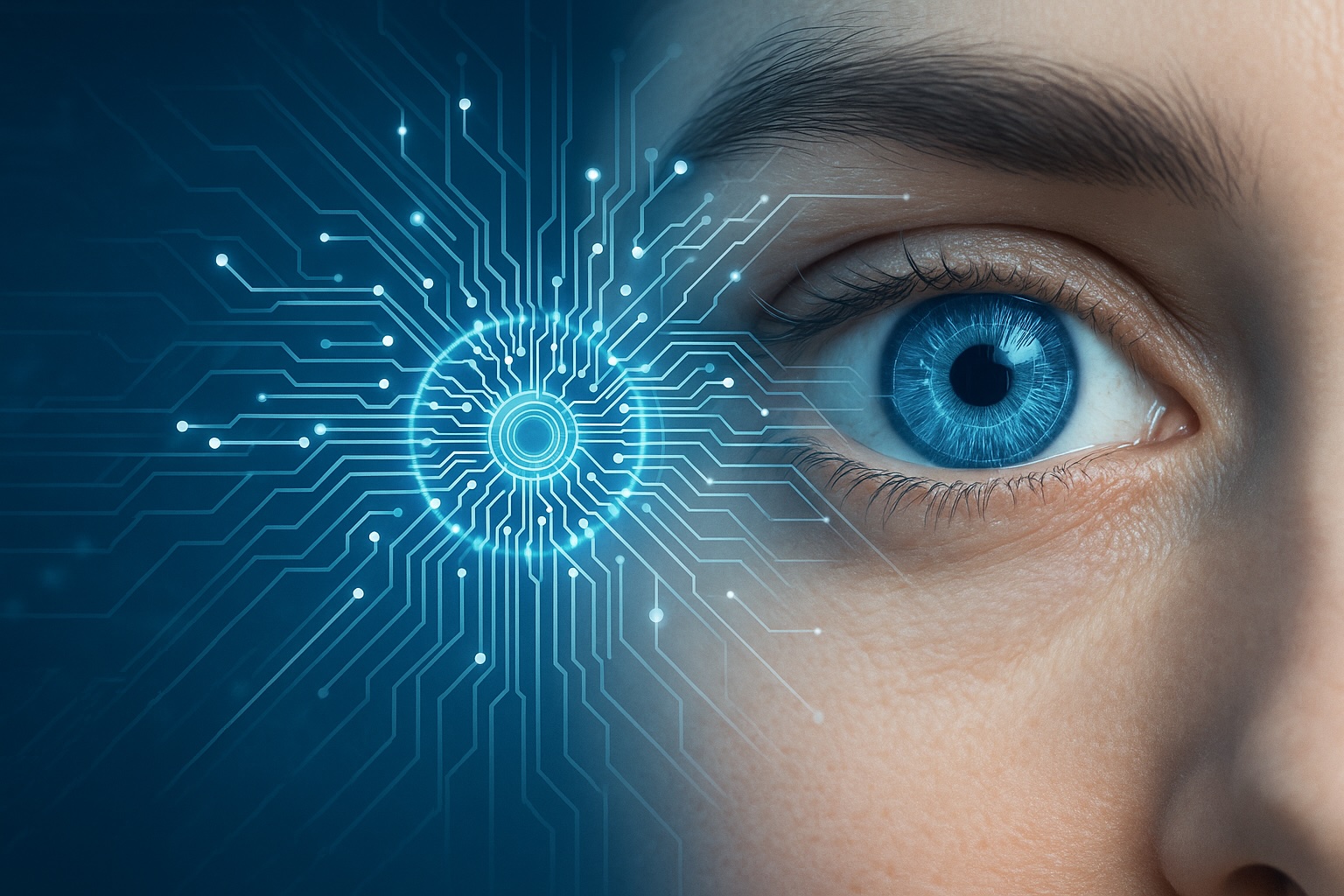Table of Contents
When it comes to vision care, there’s no shortage of well-meaning advice—unfortunately, not all of it is true. Many people unknowingly follow outdated or incorrect information that could actually do more harm than good. In this article, we tackle some of the most common myths about eye health and explain what science and eye care professionals actually recommend.
Whether you’ve heard that wearing glasses weakens your eyes or that carrots can fix your vision, it’s time to separate fact from fiction and protect your eyesight with reliable knowledge.
Top Eye Health Myths — and the Truth Behind Them
Myth 1: Wearing Glasses Makes Your Eyes Worse
Reality: Glasses don’t weaken your vision—they correct it. Your prescription may change over time due to natural changes in the eye, not because you’re “dependent” on glasses.
Myth 2: Reading in Dim Light Ruins Your Eyes
Reality: Dim lighting won’t permanently damage your eyes, but it can cause temporary eye strain or discomfort. Good lighting helps reduce fatigue—not prevent disease.
Myth 3: Carrots Can Fix Poor Vision
Reality: Carrots are rich in vitamin A, which is essential for eye health, but eating them won’t reverse vision loss or correct conditions like nearsightedness or astigmatism.
Myth 4: Eye Exercises Can Eliminate the Need for Glasses
Reality: While some exercises may reduce eye strain or help with coordination, there’s no evidence that they can correct refractive errors like myopia or hyperopia.
Myth 5: If You Can See Clearly, You Don’t Need an Eye Exam
Reality: Many eye diseases—like glaucoma or diabetic retinopathy—develop with no symptoms. Regular eye exams help detect silent problems early, even if your vision seems fine.
Myth 6: Using Digital Screens Will Permanently Damage Your Eyes
Reality: Screen use can cause digital eye strain or dry eyes, but it doesn’t cause permanent damage. Following the 20-20-20 rule (every 20 minutes, look at something 20 feet away for 20 seconds) helps reduce strain.
Why These Myths Persist
These myths often come from outdated research, anecdotal advice, or simply being passed down over time. As technology, medicine, and our understanding of the eyes improve, it’s important to update what we believe and how we take care of our vision.
Tips for Maintaining Good Eye Health (Based on Facts)
Get a comprehensive eye exam at least once every 1–2 years
Wear sunglasses that block 100% of UVA and UVB rays
Eat a balanced diet rich in leafy greens, omega-3s, and vitamins A, C, and E
Take regular breaks from screens
Don’t ignore symptoms like floaters, flashes, or blurred vision
Manage chronic conditions like diabetes and high blood pressure
Conclusion
Misinformation about eye care can prevent people from taking the right steps to protect their vision. By understanding what’s true and what’s not, you empower yourself to make smarter decisions about your eye health. Regular checkups, a healthy lifestyle, and trusted professional advice—not popular myths—are the real key to keeping your eyes healthy for life.
Dr. Alejandro Espaillat is a board-certified ophthalmologist and fellow of the American College of Surgeons, specializing in cataract surgery, diabetic eye disease, and the application of artificial intelligence in vision care.

